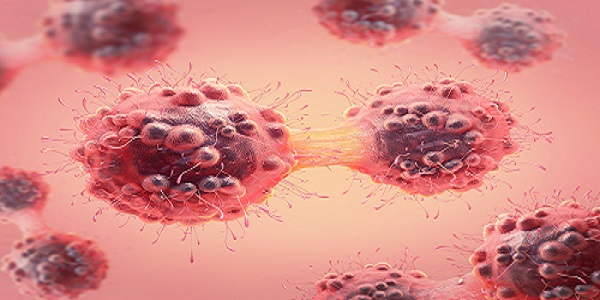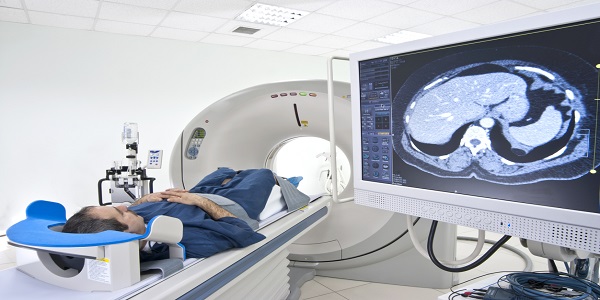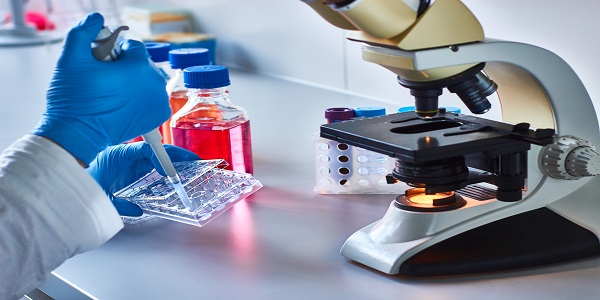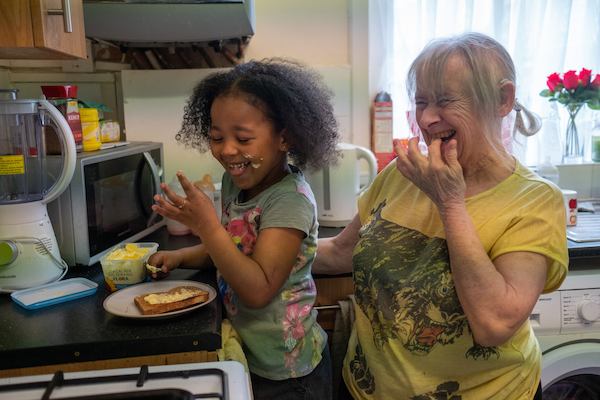Themes
Basic Cancer Research
Basic biomedical research on the processes governing cell division and movement – e.g. colleagues in the Centre for Mechanochemical Cell Biology and the Wellcome-Warwick Quantitative Biomedicine Programme (Steve Royle, Rob Cross, Andrew McAinsh). This theme also includes work on the molecular aspects of virus-associated cancer (Lawrence Young) and on the role of circadian clock genes in oncogenesis (Robert Dallmann).
Cancer Diagnosis and Prognosis
Novel approaches to cancer diagnosis and prognosis. This encompasses a range of activities exploiting artificial intelligence and machine learning including: (i) advanced tumour imaging and radiomics (e.g. Theo Arvanitis’ work on paediatric brain tumours), (ii) computational pathology and image analytics (Nasir Rajpoot, Fayyaz Minhas), (iii) detection of circulating tumour cells (Jerome Charmet) and (iv) bioinformatic analysis of large sequencing datasets (Sascha Ott) (v) Detection of Volatile Organic Compounds (James Covington). Detecting the potential onset of adverse events to anti-cancer agents (Mike Chappell).
New Drugs and Delivery Systems
Development of new anti-cancer therapies and novel approaches to treatment and drug delivery. This includes: (i) the synthesis and analysis of metallo-based compounds and photoactivation (Peter Sadler), (ii) discovery of self-assembling metallohelices (Peter Scott); (iii) design and evaluation of novel anti-cancer agents for treating virus-associated malignancies (Lawrence Young, Fayyaz Minhas); (iv) chronotherapy - evaluating novel treatment schedules (Robert Dallmann); and (v) nanotechnology using macromolecular engineering to deliver drugs and nucleic acids (Seb Perrier). Modelling the effects of combination therapies on tumour growth and disease progression (Mike Chappell)
Cancer Clinical Trials
Identifying sub-groups of cancer patients who will respond more effectively to different therapies is a major focus of modern oncology. The cancer trials theme addresses challenges in this realm of personalised medicine to (i) optimise novel treatments targeting either cancer types or DNA mutations, (ii) develop novel biomarker-guided study designs to improve efficiency, and (iii) advance statistical approaches for subgroup analytics and decision-making. (Deepak Parashar and Janet Dunn, collaborations with CRUK Centres, NHS Trusts, Pharmaceuticals).
Palliative Care
The Unit’s research focuses on the experiences of living and caring for people with life-limiting conditions in the community. Our work moves between primary and specialist palliative care and uses quantitative and qualitative methodologies to explore the clinical and social issues of dying. We collaborate closely with Marie Curie West Midlands Hospice in Solihull, local Clinical Commissioning Groups and hospital trusts, as well as other academic researchers around the world. We are also a co-founding unit for BRHUmB - Building a Research Hub for Palliative Care in Birmingham and the West Midlands – an initiative that links us to palliative care researchers across the region.
Research Theme Lead: Dr John MacArtneyLink opens in a new window





